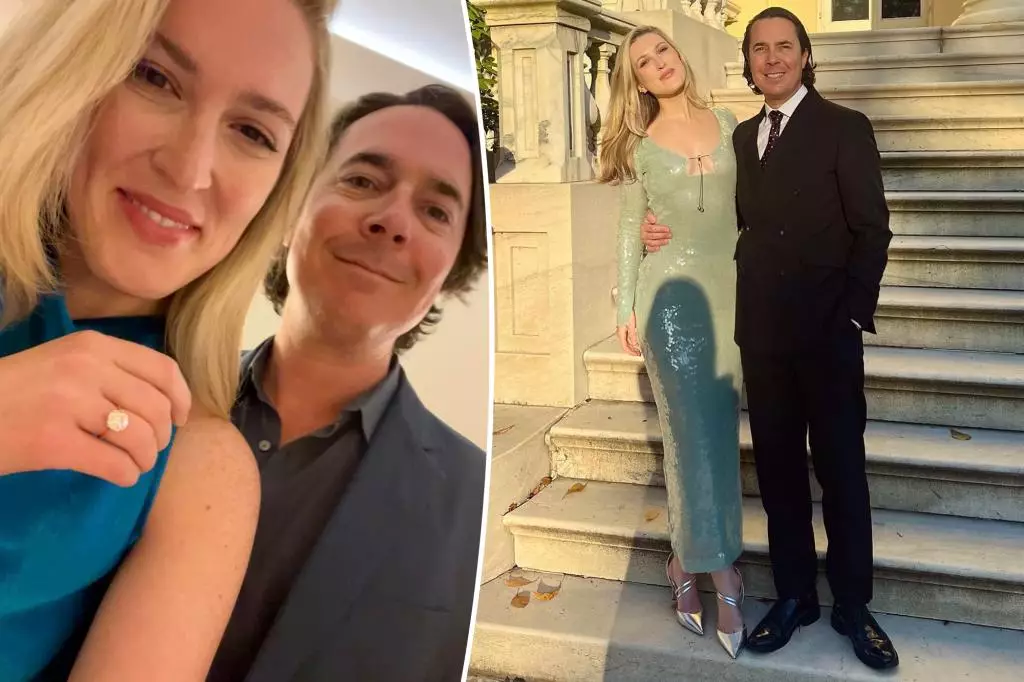The recent turmoil involving Olivia Nuzzi, a prominent political reporter, and Ryan Lizza, a fellow journalist, has grabbed headlines and captured public interest, not only for the nature of the allegations but also for its implications on professional ethics in journalism. The series of events that erupted from their personal fallout sheds light on the complexities at the intersection of personal lives and professional integrity, making it a compelling case study for ethics in media.
In a shocking turn of events, Nuzzi, formerly the Washington correspondent for New York Magazine, sought legal protection against her ex-fiancé, Ryan Lizza. She alleged that he had threatened to divulge sensitive personal information to damage her career and public image. These allegations were grave, insinuating emotional turmoil and betrayal within not only their relationship but also within the tightly-knit media community in Washington, D.C.
Nuzzi suggested that Lizza attempted to blackmail her, pressuring her to stay in a relationship that had become untenable. However, just as quickly as her claims were made, she abruptly withdrew her request for a restraining order. This most recent development raises critical questions regarding the motivations behind her initial allegations. Was this a genuine cry for help, or a tactical move turned tactical retreat? Nuzzi’s attorney indicated that withdrawing was a measure of self-protection, framing it in the light of fears for her safety, while Lizza vehemently countered her claims, denouncing them as fabrications birthed from a desire for publicity.
The private lives of journalists often reflect a broader commentary on their professional personas. The public fallout for both Nuzzi and Lizza challenges not only their reputations, but also reflects on the institution they represent. Depending on the lens through which one views these events, they could be seen as a cautionary tale about the pitfalls of romantic entanglements in the workplace or a broader message about gender dynamics and authenticity in public life.
As Nuzzi’s tenure at New York Magazine came under scrutiny following these revelations, the question remains whether her earlier work will be overshadowed by the controversy surrounding her personal life. Such entanglements can lead to moral quandaries in journalism, where the line between personal and professional can become blurred. Media outlets, especially in politically charged environments like Washington, D.C., may face the repercussions of a single individual’s actions, potentially affecting their credibility.
The public fascination with such personal battles often highlights the voyeuristic tendencies of contemporary media culture. As details of intimate exchanges between Nuzzi and conjoined figures emerged, it served to sensationalize the narrative. The mention of romantic FaceTime conversations with a public figure like Robert F. Kennedy Jr., coupled with echoed claims of love that never materialized into physical meetings, draws stark contrasts to the professional expectations of journalism.
Moreover, the dynamic of celebrity and scandal continues to enthrall the public—the thrill of uncovering secrets often outweighs the moral implications of these stories. It is essential to scrutinize how media portrayal impacts not only individuals involved but also the larger narrative around personal accountability and journalistic ethics.
As both parties move on from this debacle, the lasting impact of their scandal raises questions about future journalistic practices. Can journalists maintain the integrity of their work while managing personal relationships that are, by nature, complex and fraught with complications? There must be a concerted effort to delineate personal interests from professional responsibilities in an era that increasingly conflates public personas with private lives.
This saga inevitably prompts discussions around establishing clearer ethical guidelines for journalists, especially concerning conflicts of interest. Without careful considerations and standards, the profession risks inviting further scandals and compromising public trust.
The Olivia Nuzzi and Ryan Lizza saga is not merely about a personal fallout; it is a reflection of deeper issues regarding journalistic integrity, personal accountability, and how public narratives are shaped. As media professionals navigate their increasingly complex lives, remaining unclouded by personal biases has never been more crucial.


Leave a Reply